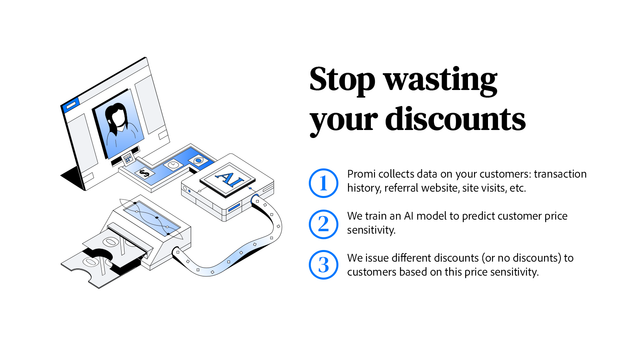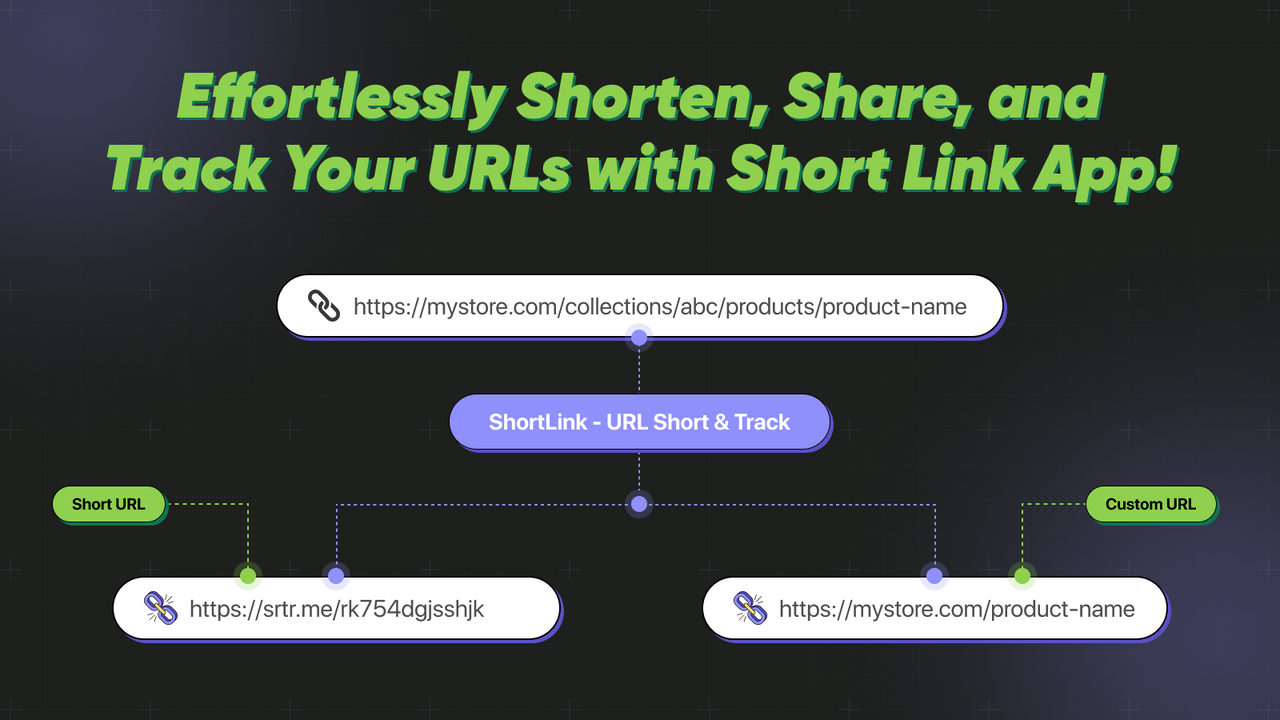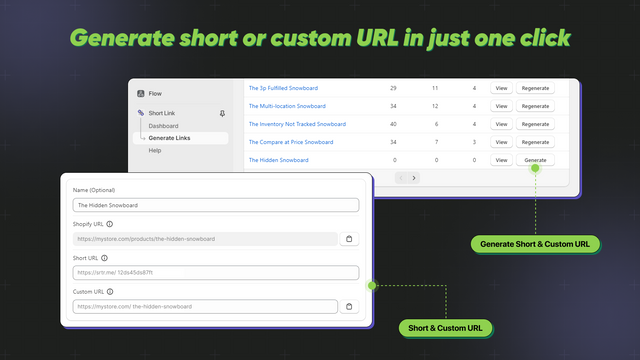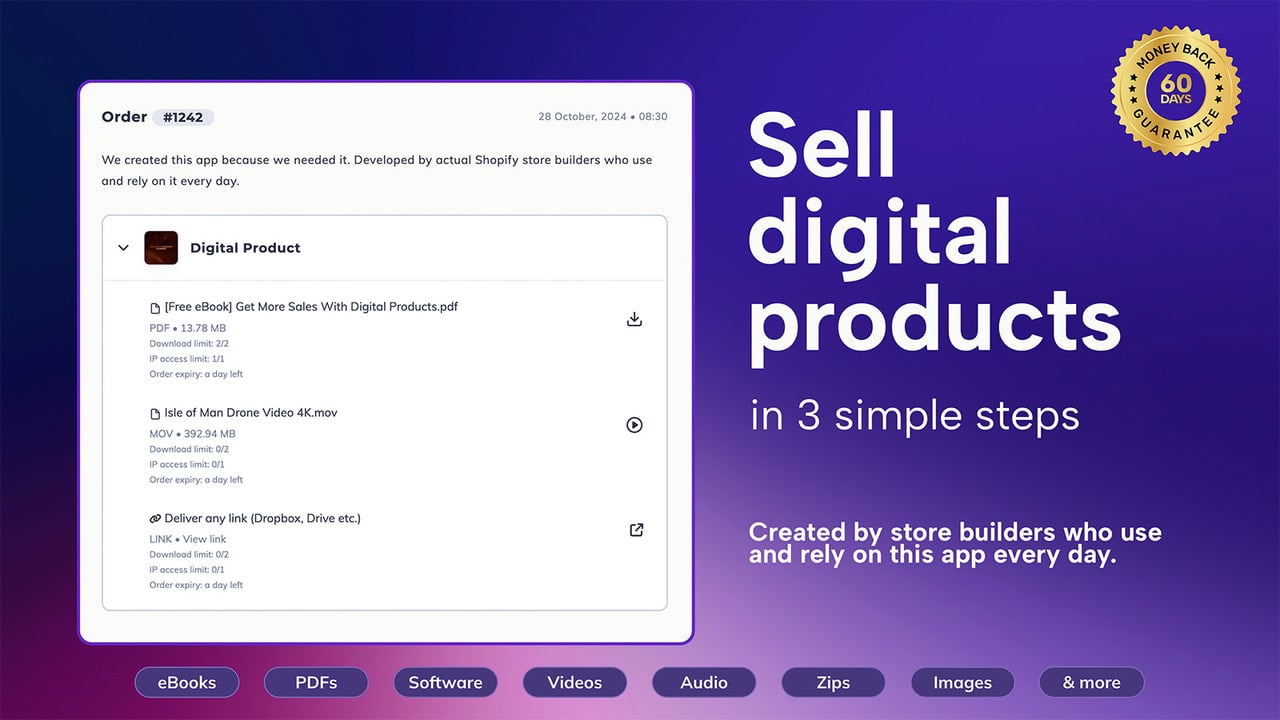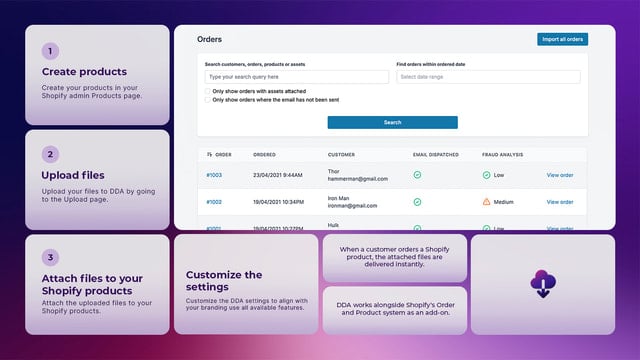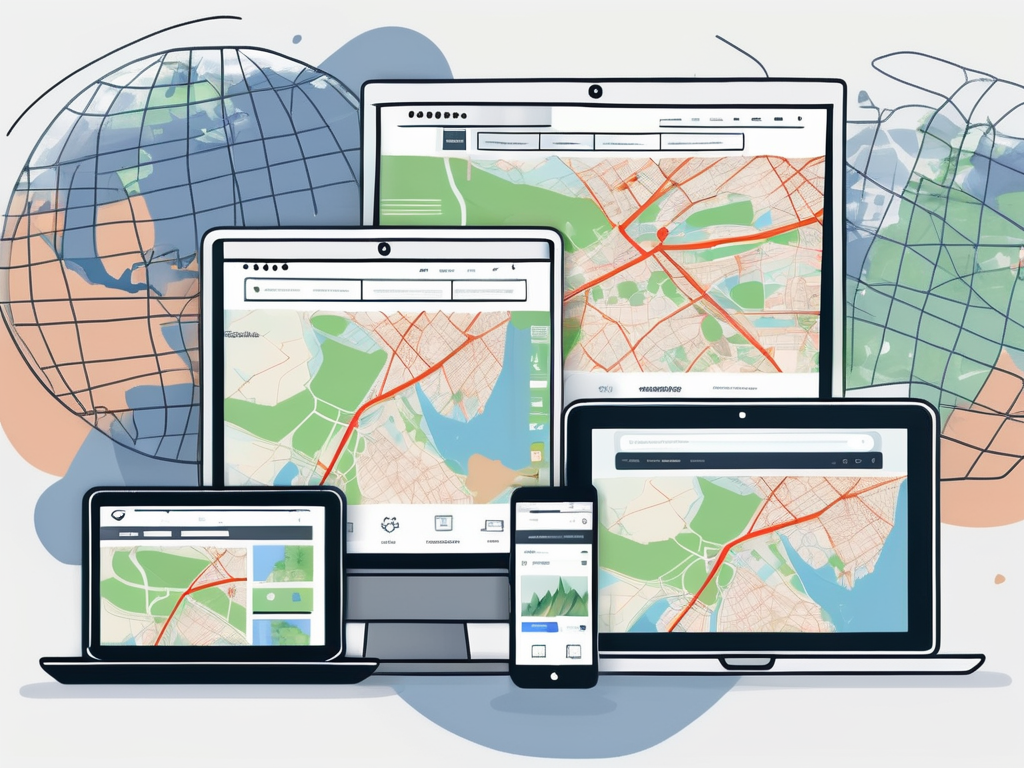Digital marketing has become an essential tool for businesses of all sizes to reach and engage with their target audience. In today's digital age, understanding the intricacies of digital marketing is key to developing a successful marketing strategy. This ultimate guide aims to provide a comprehensive overview of digital marketing, from its evolution to the key components that make it effective.
Understanding Digital Marketing
In order to fully grasp the significance of digital marketing, it is important to recognize its evolution. Digital marketing has come a long way since its inception, adapting to the ever-changing technological landscape. The early days of digital marketing primarily revolved around search engine optimization and email marketing. However, with advancements in technology and the rise of social media, digital marketing has become more diverse and powerful than ever before.
The Evolution of Digital Marketing
The concept of digital marketing dates back to the 1990s when the internet started gaining popularity. Initially, it was limited to basic online advertising, relying heavily on banner ads and email campaigns. As the internet grew, search engines like Google emerged, giving birth to search engine optimization (SEO) – the practice of optimizing websites to rank higher in search engine results. SEO greatly influenced the way websites were created, focusing on keyword research, content optimization, and link-building strategies.
However, the evolution of digital marketing did not stop there. With the rise of social media platforms like Facebook, Twitter, and Instagram, digital marketing expanded its reach. Social media marketing became an integral part of every business's digital strategy, allowing brands to engage directly with their target audience, build brand awareness, and foster customer loyalty. Businesses started leveraging the power of social media influencers, partnering with them to promote their products or services to a wider audience. This new approach to digital marketing opened up endless possibilities for businesses to connect with their customers on a more personal level.
Furthermore, the advent of mobile technology revolutionized digital marketing once again. With the widespread use of smartphones and tablets, businesses had to adapt their strategies to cater to the mobile audience. Mobile marketing became a crucial aspect of digital marketing, with businesses optimizing their websites and advertisements for mobile devices. Mobile apps also became a popular tool for businesses to engage with their customers, offering convenience and personalized experiences.
Key Components of Digital Marketing
In order to create an effective digital marketing strategy, it is crucial to have a solid understanding of its key components. These components work together to maximize reach, engagement, and conversion rates. One of the core elements of digital marketing is content marketing. By creating and distributing valuable, relevant, and consistent content, businesses can attract and retain a clearly-defined audience. Content marketing involves various forms such as blog posts, articles, videos, infographics, and podcasts, allowing businesses to connect with their audience through different mediums.
Another essential component is pay-per-click advertising (PPC), which involves placing ads in strategic locations across various online platforms. PPC allows businesses to target specific demographics, ensuring that their ads are seen by the right people at the right time. With the help of advanced analytics and targeting tools, businesses can optimize their PPC campaigns to maximize their return on investment.
In addition to content marketing and PPC, email marketing plays a vital role in digital marketing. By building and nurturing an email subscriber list, businesses can establish a direct line of communication with their audience, delivering personalized content and offers. Email marketing allows businesses to stay top-of-mind with their customers and nurture long-term relationships. With the use of automation tools, businesses can send targeted and personalized emails based on customer behavior and preferences, increasing the chances of conversion.
Furthermore, social media marketing continues to be a key component of digital marketing. With billions of active users on platforms like Facebook, Instagram, Twitter, and LinkedIn, businesses have the opportunity to reach a vast audience and engage with them on a daily basis. Social media marketing involves creating compelling content, running targeted ads, and fostering meaningful interactions with followers. It allows businesses to showcase their brand personality, build trust, and drive traffic to their website or online store.
Lastly, search engine optimization (SEO) remains a critical component of digital marketing. With the majority of online experiences starting with a search engine, businesses need to ensure that their website appears prominently in search engine results. SEO involves optimizing various elements of a website, including on-page factors like content and meta tags, as well as off-page factors like backlinks and social signals. By implementing effective SEO strategies, businesses can increase their organic visibility and drive more qualified traffic to their website.
Building a Digital Marketing Strategy
Now that we have a grasp of digital marketing basics, let's dive into building a digital marketing strategy that aligns with your business objectives. The first step is setting your marketing goals. Clearly defining your goals allows you to create a roadmap for success and measure the effectiveness of your digital marketing efforts.
When setting marketing goals, it is crucial to make them specific, measurable, attainable, relevant, and time-bound (SMART). Whether you aim to increase brand awareness, drive website traffic, or generate leads, setting SMART goals ensures that you have a clear path for success.
Once you have established your marketing goals, it's time to identify your target audience. Understanding your audience's demographics, interests, and behavior is essential for creating a personalized digital marketing strategy. By gaining insights into your target audience, you can tailor your messaging and choose the most effective digital marketing channels to reach them.
To identify your target audience, conducting market research and analyzing your existing customer base is crucial. By using data-driven insights, you can map out your customer personas and gain a deep understanding of their needs, pain points, and preferences. This information will serve as a foundation for crafting targeted, relevant digital marketing campaigns.
Furthermore, understanding your target audience's online behavior is key to optimizing your digital marketing strategy. By analyzing their online habits, you can determine which platforms they frequent, what type of content they engage with, and how they prefer to interact with brands. This knowledge allows you to create a seamless and personalized user experience that resonates with your audience.
Once you have identified your target audience and gained insights into their online behavior, it's time to choose the most effective digital marketing channels to reach them. Whether it's through search engine optimization (SEO), social media marketing, email marketing, or content marketing, selecting the right channels will ensure that your message reaches the right people at the right time.
Moreover, creating compelling and engaging content is vital for a successful digital marketing strategy. By producing high-quality content that addresses your audience's pain points and provides value, you can position your brand as a trusted authority in your industry. This will not only attract and retain customers but also drive organic traffic to your website.
In addition to creating content, leveraging social media platforms can significantly enhance your digital marketing efforts. Social media allows you to connect with your audience on a more personal level, build brand awareness, and foster customer loyalty. By developing a social media strategy that aligns with your overall marketing goals, you can engage with your audience, drive website traffic, and generate leads.
Furthermore, incorporating search engine optimization (SEO) techniques into your digital marketing strategy is crucial for improving your website's visibility in search engine results. By optimizing your website's content, meta tags, and backlinks, you can increase your organic search rankings and drive targeted traffic to your site.
Lastly, regularly analyzing and measuring the effectiveness of your digital marketing efforts is essential for optimizing your strategy. By monitoring key performance indicators (KPIs) such as website traffic, conversion rates, and social media engagement, you can identify areas for improvement and make data-driven decisions to enhance your overall marketing performance.
Exploring Different Digital Marketing Channels
Now that we have defined our goals and identified our target audience, let's explore the various digital marketing channels at our disposal. While there are numerous channels available, we will focus on the most popular and effective ones.
Search Engine Optimization (SEO)
Search engine optimization (SEO) is the process of improving a website's visibility in search engine results pages. By optimizing your website, creating high-quality content, and building authoritative backlinks, you can increase your organic search rankings and drive targeted traffic to your site.
Pay-Per-Click Advertising (PPC)
Pay-per-click advertising (PPC) allows businesses to place targeted ads across various online platforms. By bidding on specific keywords, you can ensure that your ads are shown to users who are actively searching for products or services similar to yours. PPC campaigns can be highly cost-effective and deliver impressive ROI when executed correctly.
Social Media Marketing
Social media marketing enables businesses to engage with their target audience on popular social media platforms such as Facebook, Twitter, and LinkedIn. Through strategic content creation, community management, and paid advertising, brands can build meaningful relationships with their audience, increase brand awareness, and drive website traffic.
Content Marketing
Content marketing involves creating and distributing valuable, relevant, and consistent content to attract and engage with a clearly-defined audience. By offering informative and engaging content, businesses can position themselves as thought leaders in their industry, driving brand loyalty and customer trust.
Email Marketing
Email marketing allows businesses to communicate directly with their audience via email. By building an email subscriber list, brands can send targeted messages, personalized offers, and valuable content to nurture leads and drive conversions.
Measuring Digital Marketing Success
Once you have implemented your digital marketing strategy, it is vital to measure its success and make data-driven decisions. By analyzing key performance indicators (KPIs) and utilizing analytics tools, you can gain valuable insights into your campaign's performance and make necessary adjustments.
Importance of Analytics in Digital Marketing
Analytics plays a crucial role in digital marketing, providing businesses with valuable data on website traffic, user behavior, and conversion rates. By monitoring and analyzing this data, you can identify trends, understand your audience's preferences, and optimize your digital marketing efforts for maximum results.
Key Performance Indicators (KPIs) in Digital Marketing
Key performance indicators (KPIs) allow you to track the success of your digital marketing campaigns. KPIs vary depending on your objectives but commonly include metrics such as website traffic, conversion rates, click-through rates, and social media engagement. By regularly reviewing and analyzing your KPIs, you can measure your progress towards your marketing goals and make data-driven decisions.
In conclusion, digital marketing is a powerful tool that businesses must harness to effectively reach and engage with their target audience. By understanding the evolution of digital marketing, the key components that make it effective, and how to build a comprehensive digital marketing strategy, businesses can leverage various channels to achieve their marketing goals. Additionally, by measuring digital marketing success through analytics and KPIs, businesses can continually optimize their campaigns for maximum results. Embrace the power of digital marketing and take your business to new heights.
Ready to elevate your Shopify store with the right tools? Let Owlmix be your guide in the digital marketing journey. With a curated directory of innovative Shopify apps, Owlmix empowers you to enhance your online business across various dimensions, from advertising to analytics. Allow our brand mascot, Owlfred, to accompany you through the vast ecosystem of Shopify applications, offering his wisdom and friendly advice to help you select the perfect solutions. Don't miss out on the opportunity to optimize your store's performance. Find your next Shopify app today and take a step towards achieving your digital marketing goals with Owlmix.




